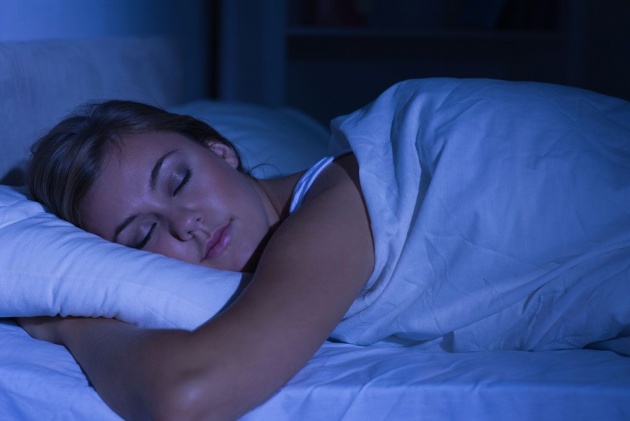It's a mystery why humans and other animals dream in sleep. First, let’s start by answering a basic question – What is a dream? A dream can include any of the images, thoughts and emotions that are experienced during sleep. Dreams can be extraordinarily vivid or very vague; filled with joyful emotions or frightening imagery; focused and understandable or unclear and confusing.
Dreams mainly occur in the rapid-eye movement (REM) stage of sleep—when brain activity is high and resembles that of being awake. REM sleep is revealed by continuous movements of the eyes during sleep. At times, dreams may occur during other stages of sleep. However, these dreams tend to be much less vivid or memorable.
The length of a dream can vary; they may last for a few seconds, or approximately 20–30 minutes. People are more likely to remember the dream if they are awakened during the REM phase. The average person has three to five dreams per night, but some may have up to seven dreams in one night. The dreams tend to last longer as the night progresses. During a full eight-hour night sleep, most dreams occur in the typical two hours of REM.
Some researchers suggest that dreams serve no real purpose, while others believe that dreaming is essential to mental, emotional and physical well-being. Ernest Hoffman, director of the Sleep Disorders Center at Newton Wellesley Hospital in Boston, Mass., suggests that "...a possible (though certainly not proven) function of a dream to be weaving new material into the memory system in a way that both reduces emotional arousal and is adaptive in helping us cope with further trauma or stressful events."
whereby the brain incorporates memories, solves problems and deals with emotions. In this way, she maintains, dreams are essential for our emotional health.




